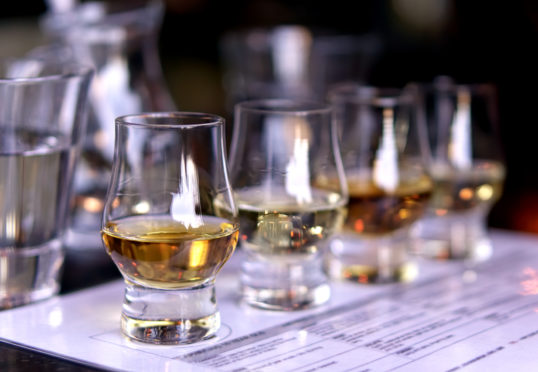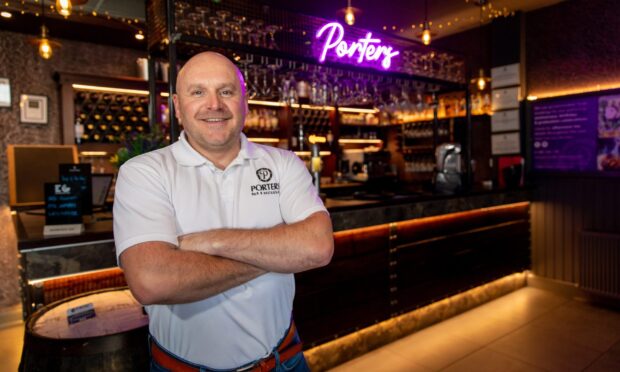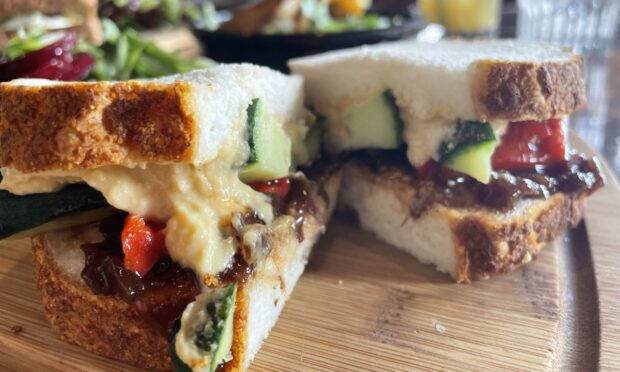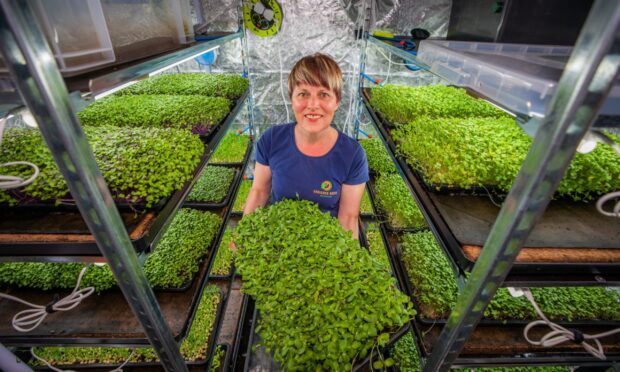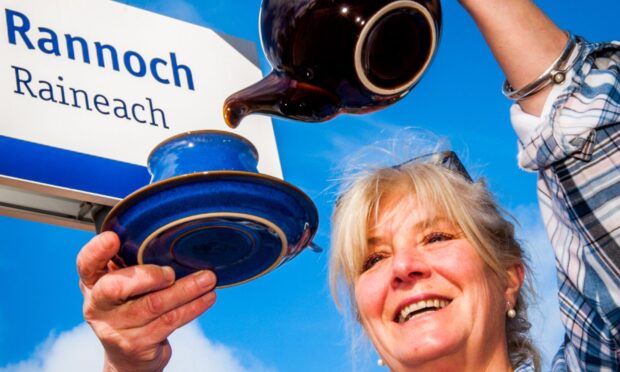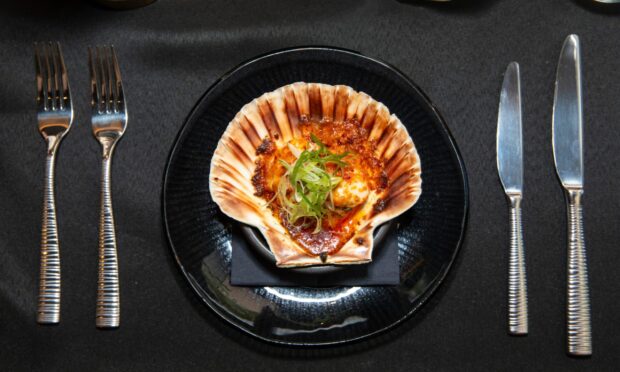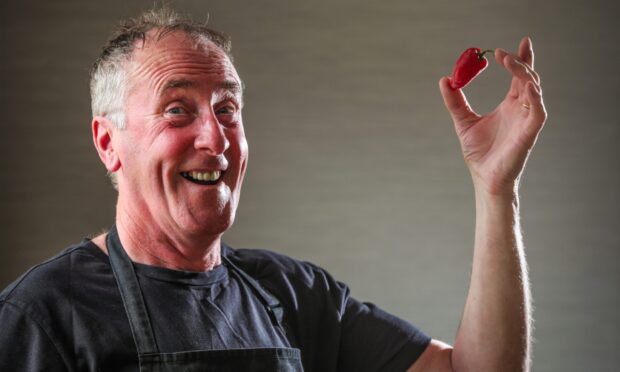It is interesting to hear the tricks some whisky brands use to push their product. Let’s face it, salespeople want to boost their brand and downplay those of their competitors.
Whizmobile car salesmen will slag off their rivals or, at best, damn them with faint praise. They are paid to do that and, as the saying goes, all is fair in love and war.
However, a contact told me he was recently in Ireland and attended a tasting session in Dublin for one of Ireland’s best-known whiskies. It included several drams from their portfolio and the tasting expert constantly stressed that Ireland was the birthplace of whisky (or whiskey)—a fact few would dispute—and Irish whiskies were definitely better than Scotch ones, a claim many would dispute.
To prove his claim, the final whisky on the participants’ trays was a Scotch and they were asked to try it. The participants duly did and most if not all didn’t like it and fully backed the idea that Irish whiskies were superior.
What narked my contact was that he recognised the Scotch whisky was Laphroaig which is, even its greatest fans would admit, very much an acquired taste. It is, along with other Islay whiskies, among the peatiest, smokiest and most phenolic malts in the business. But to portray it as a typical Scotch whisky is, to quote Churchill, a terminological inexactitude. And a massive one at that.
Let’s put the process in reverse. Let us imagine a blindfolded tasting of lager beers, from Germany, Scandinavia, Belgium, Britain, France, Spain and elsewhere, plus one from Ireland. But rather than a lager, the final glass would Ireland’s most famous beer. The drinkers would regard it as pretty dire stuff—but it isn’t a lager, it’s a stout. It’s an unfair comparison.
Funnily enough, I think Irish whiskies have improved greatly in recent years, spurred by the Teeling family, particularly Dr John Teeling, who opened Cooley distillery in the 1980s. His—and whiskies from other new distilleries—have far fewer heavy maize-and-bourbon notes than “traditional” pot-still whiskies. Irish whiskies are becoming more like Scotch, and are the better for it.
Indeed, my favourite Irish by far is Connemara, a lightly peated, Cooley-distilled malt that deserves a far wider following.
